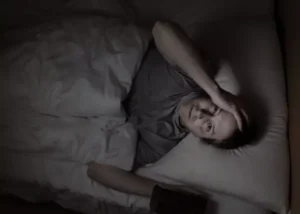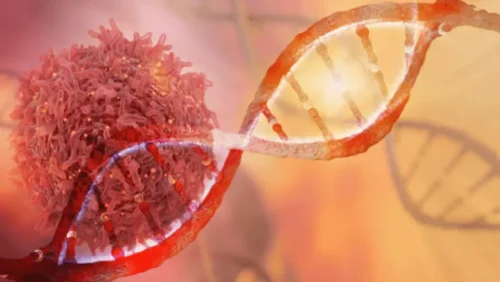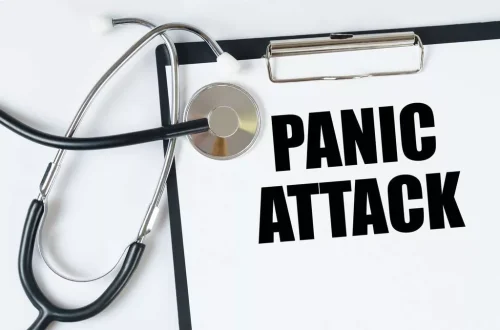People who experience these withdrawal symptoms may start using marijuana again to relieve their symptoms, and this can intensify dependence on the drug. Some people find that marijuana offers https://ecosoberhouse.com/ a means of avoiding negative experiences, such as trouble sleeping, anxiety, or depression. This can spur people to use regularly over a longer term, increasing the risk of addiction.
The drug of choice
Medications to control cravings may be used alongside nonmedicinal interventions. THC, which stands for tetrahydrocannabinol, is the part of the cannabis plant that causes the mental effect. THC can cause changes to the brain that impact the structure and ability to function, including learning, memory, cognitive ability, and behavior—including future substance use.
- With the right support, treatment, and determination, recovery is possible.
- It’s a lot like one your brain makes (anandamide) that sends messages between nerve cells throughout your body.
- CBD can be made into CBD oil and sold as pills, gels, creams, and other formulas.
- About 1 in 10 people who use marijuana will become addicted, or have cannabis use disorder.
- Cannabis use disorder involves continued use of the substance even though the person experiences negative health or life effects from it.
- Marijuana use has also been linked to other mental health problems, such as depression, anxiety, and suicidal thoughts among teens.
- While some people can try and use marijuana without becoming addicted, it can also be addictive for some people.
Are there effects of inhaling secondhand marijuana smoke?
Using pot heavily, especially in your teen years, may leave more permanent effects. Imaging tests with some – but not all – adolescents found that marijuana may physically change their brains. Specifically, they had fewer connections in parts of the brain linked to alertness, learning, and memory, and tests show lower IQ scores in some people. Studies note that early marijuana use can interrupt normal development of gray matter, a type of brain tissue that helps control mental functions, increasing schizophrenia risks.
Can a person overdose on marijuana?
- Research suggests that up to 90% of people who are dependent on marijuana will experience withdrawal symptoms.
- Higher THC levels may also mean a greater risk for addiction if people are regularly exposing themselves to high doses.
- This pursuit of a dopamine rush can lead to dependence and addiction, as it can when the rush comes from other drugs.
- The incentives are most effective when there are plenty of opportunities to get reinforcement.
- Clinical trials have shown that buspirone, an anti-anxiety medication, can reduce cravings and drug use and decrease symptoms of irritability.
- Addiction begins with dependence, which refers to a person using a drug to feel normal.
- Psychosis is a symptom of a serious medical condition called schizophrenia.
Estimates of marijuana addiction vary, depending on how each research team defines addiction, which people they survey, and similar factors. According to research, marijuana does have the potential to be addictive, marijuana addiction especially when a person starts using it during childhood or adolescence. Marijuana is one of the most popular recreational drugs, and it is now legal for recreational and medical use in many states.
- If you’re using weed to self-medicate for anxiety, depression, or other mental health issues, you’re walking a dangerous tightrope.
- Marijuana addiction can be challenging both for the person experiencing the addiction and for those around them.
- It can be hard when you’re living with marijuana abuse or watching someone you care about deal with it.
- Dependence on marijuana happens when users build up a tolerance for the substance and need more and more of it to experience the same effect.
- This program is ideal for educating patients and their families, school faculty and staff, behavioral and mental health professionals, and more.
Many people think marijuana use is harmless, especially because it’s a natural product. While many people are able to use it without becoming addicted or abusing it, it’s not a benign substance. Even though you may not be able to prevent marijuana abuse and addiction, there are things you can do to reduce the risk. Protective factors can help people avoid substance use disorders. Things like extended family support, language-based discipline from parents, and a supportive peer group can help counteract some risk factors.




Leave A Comment